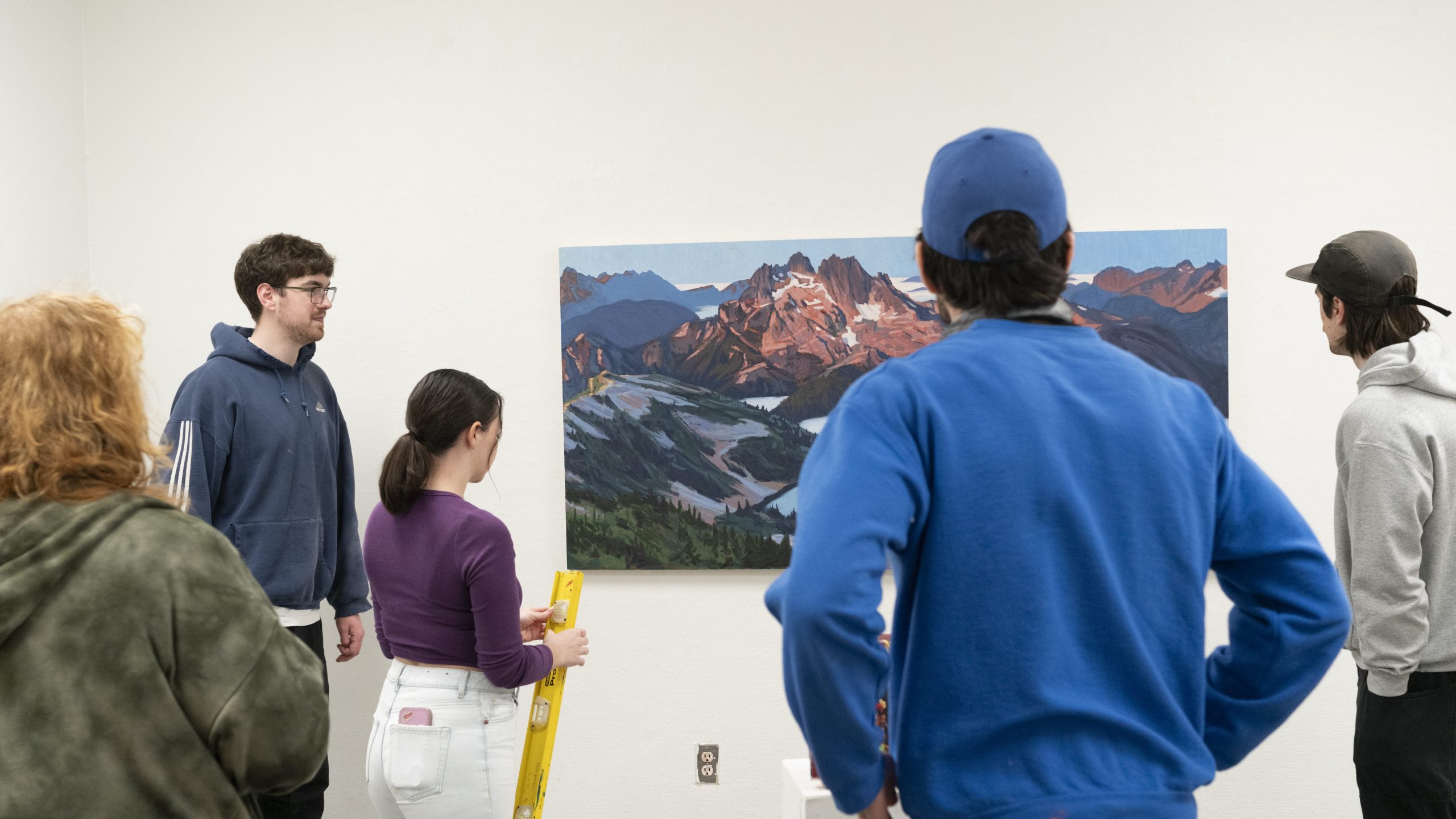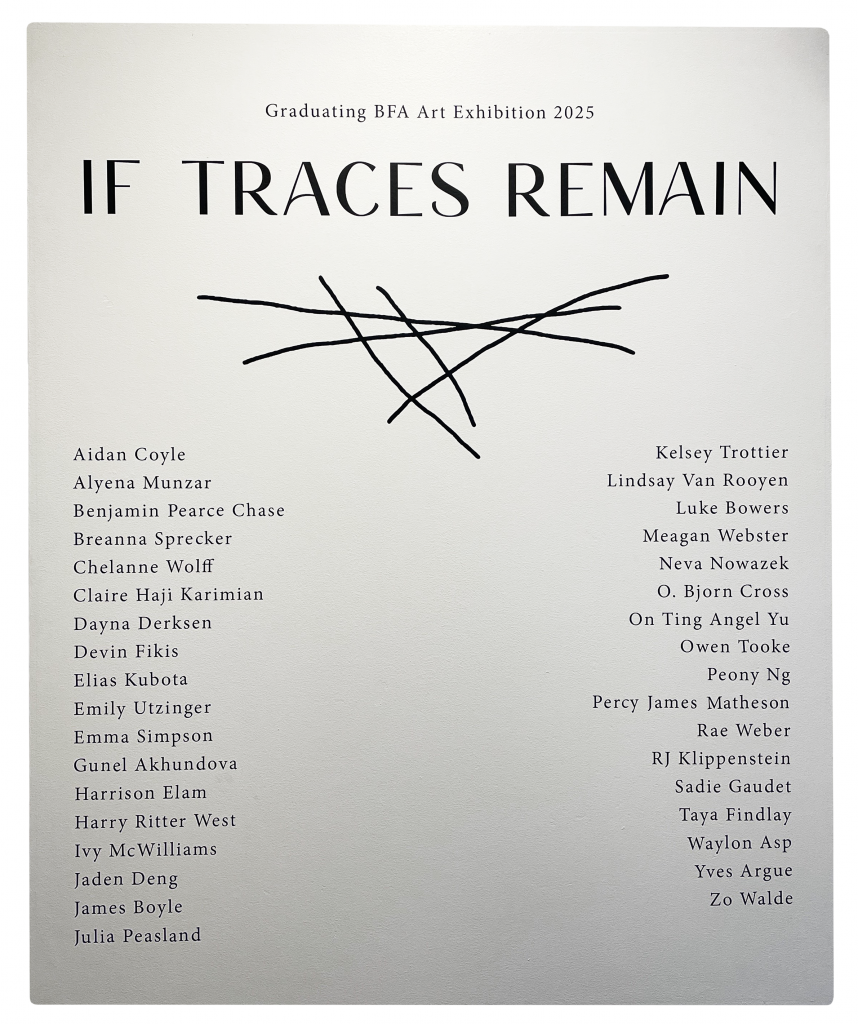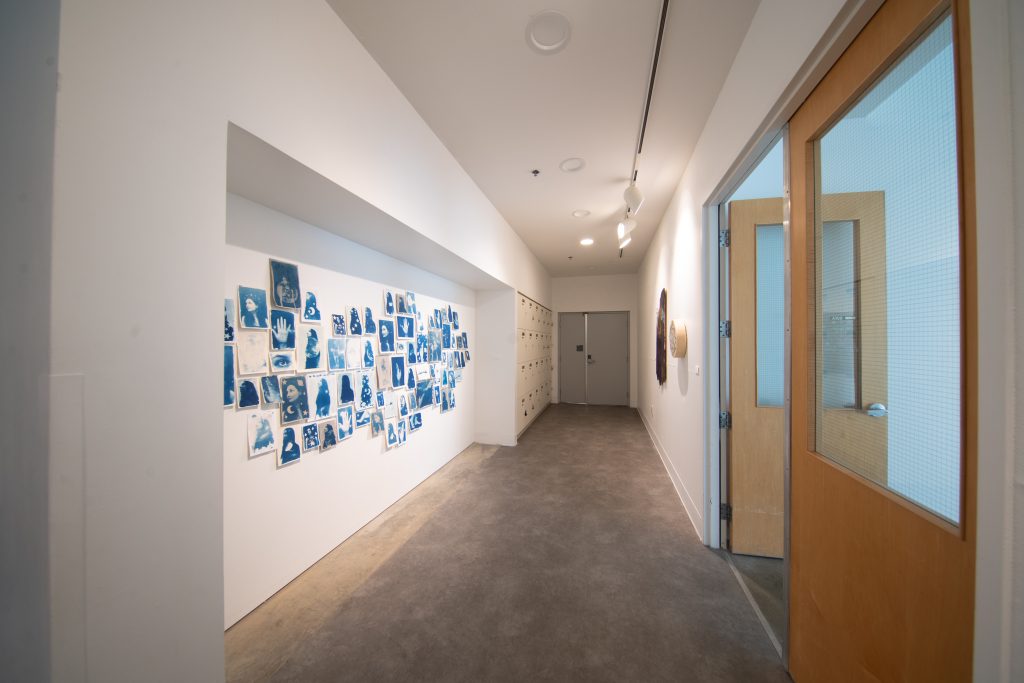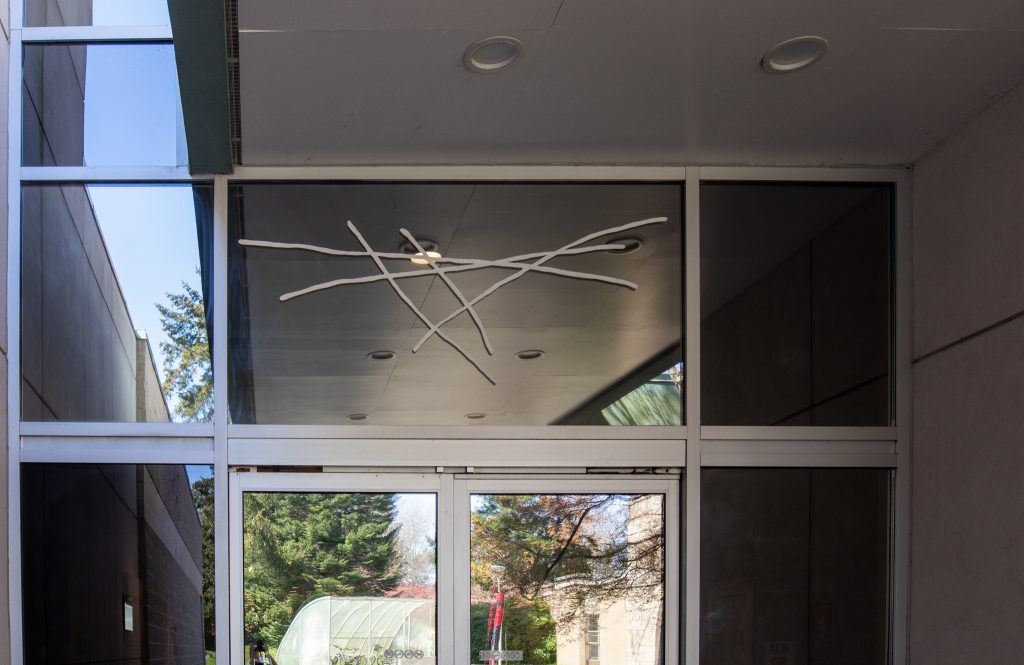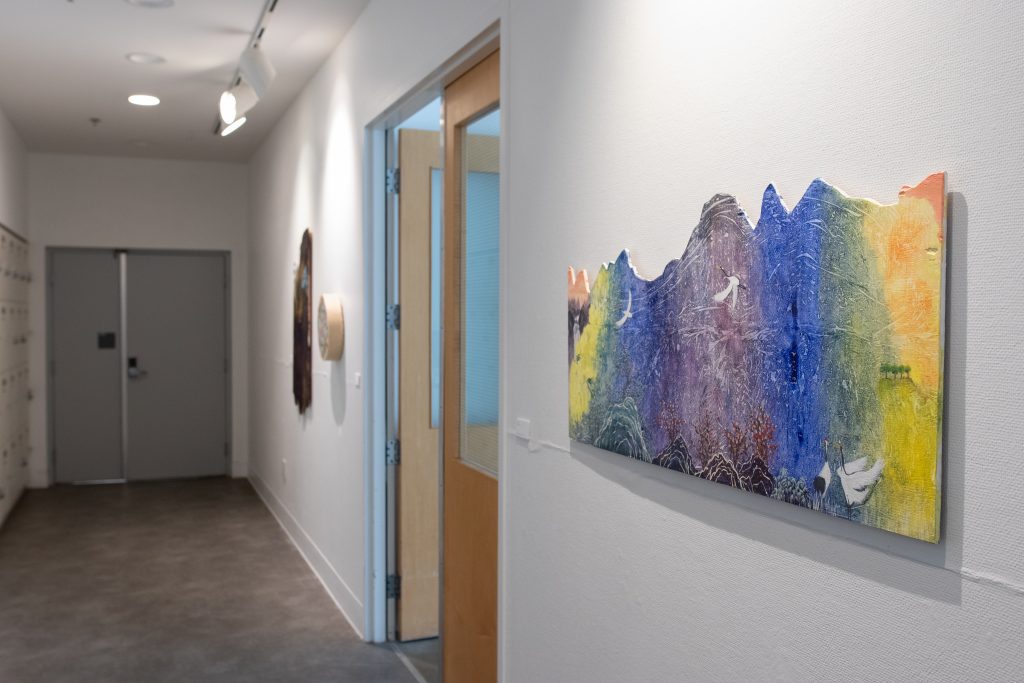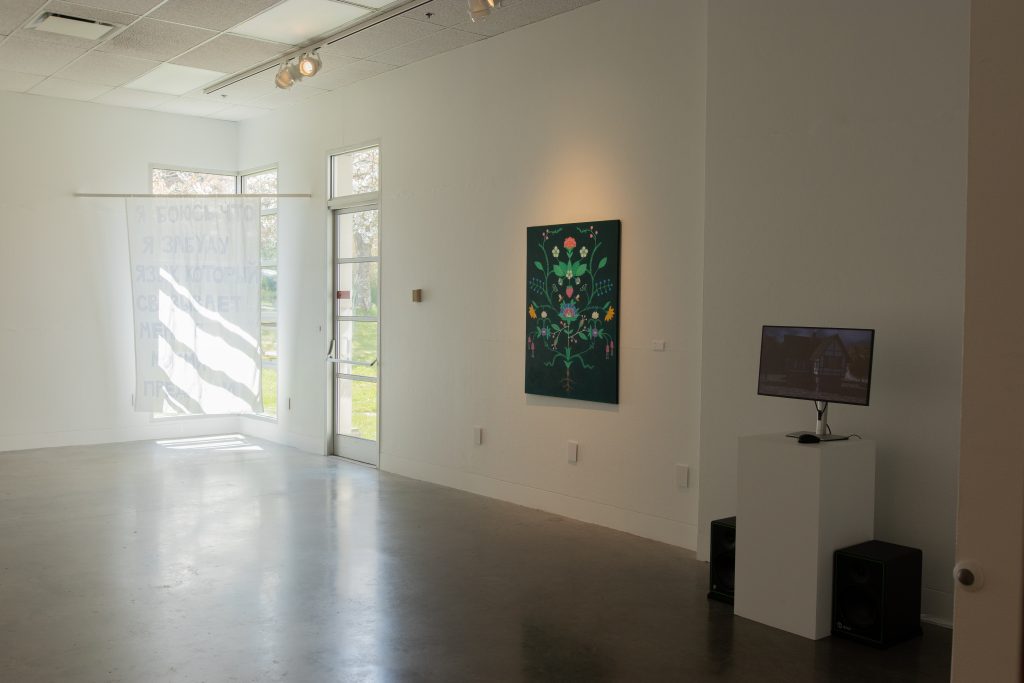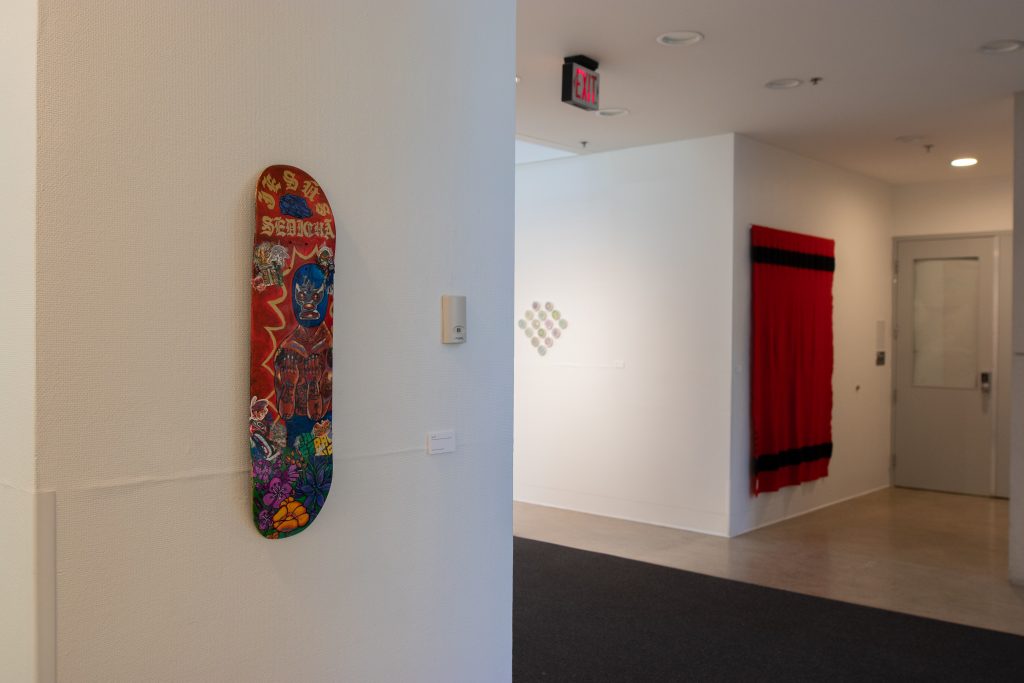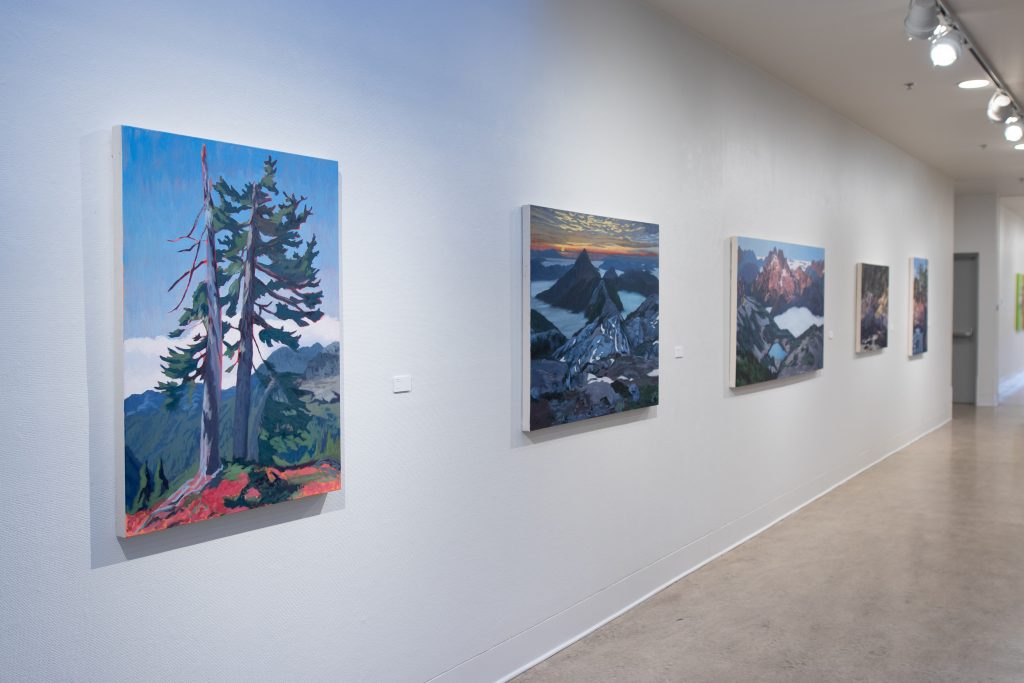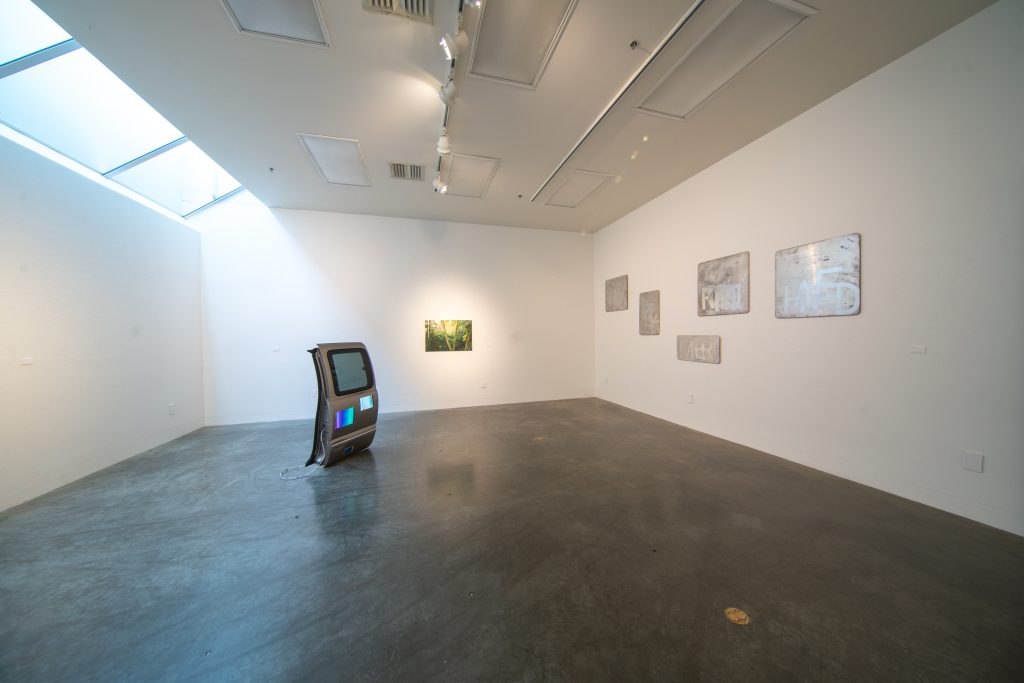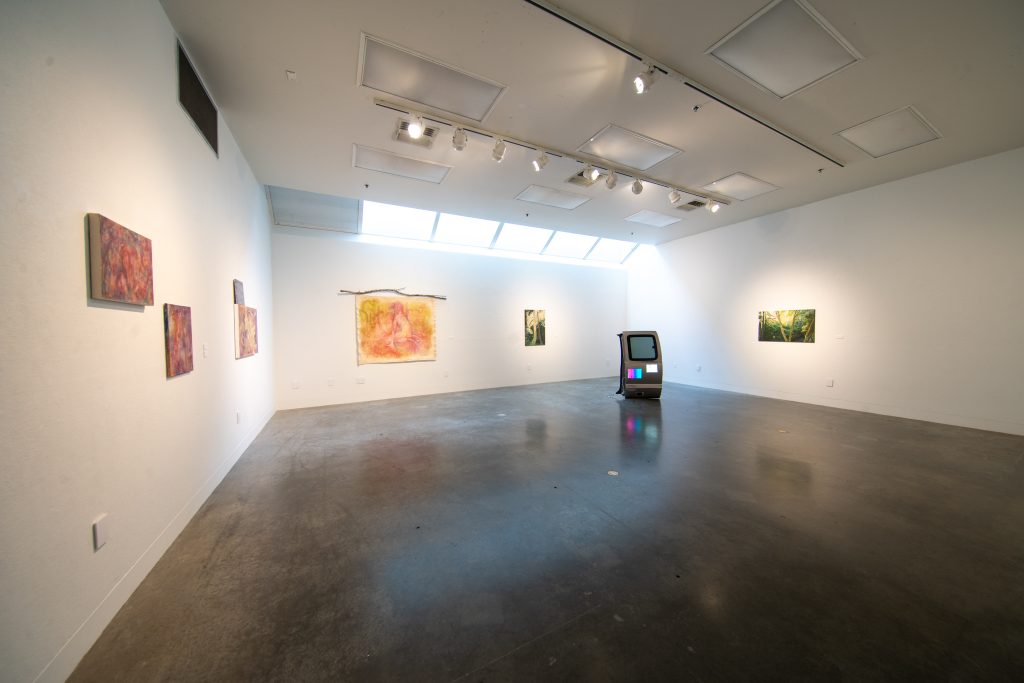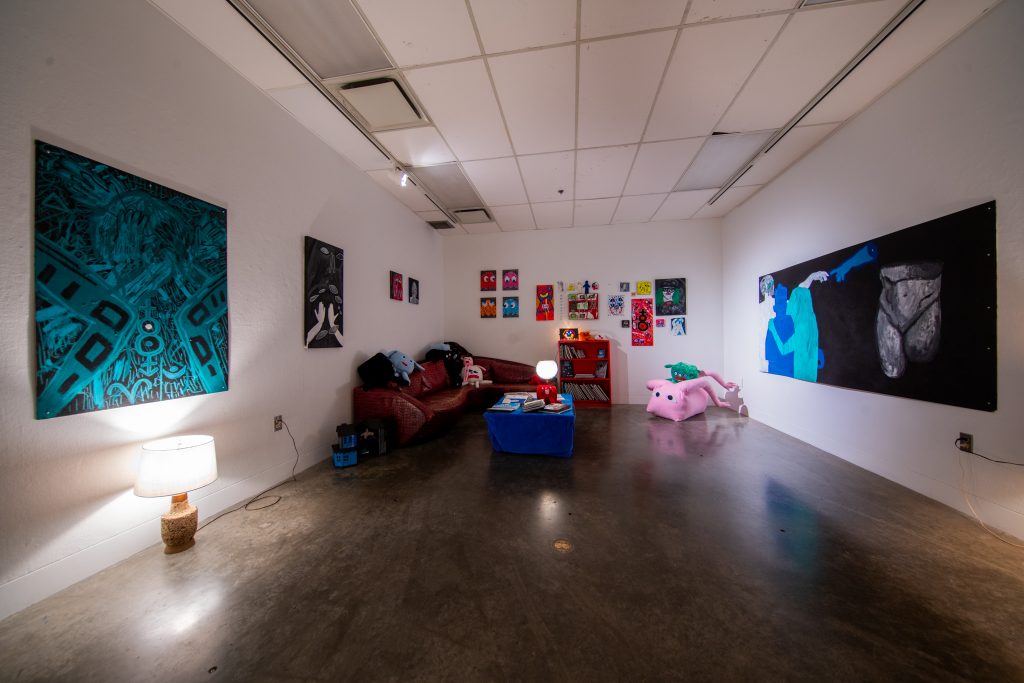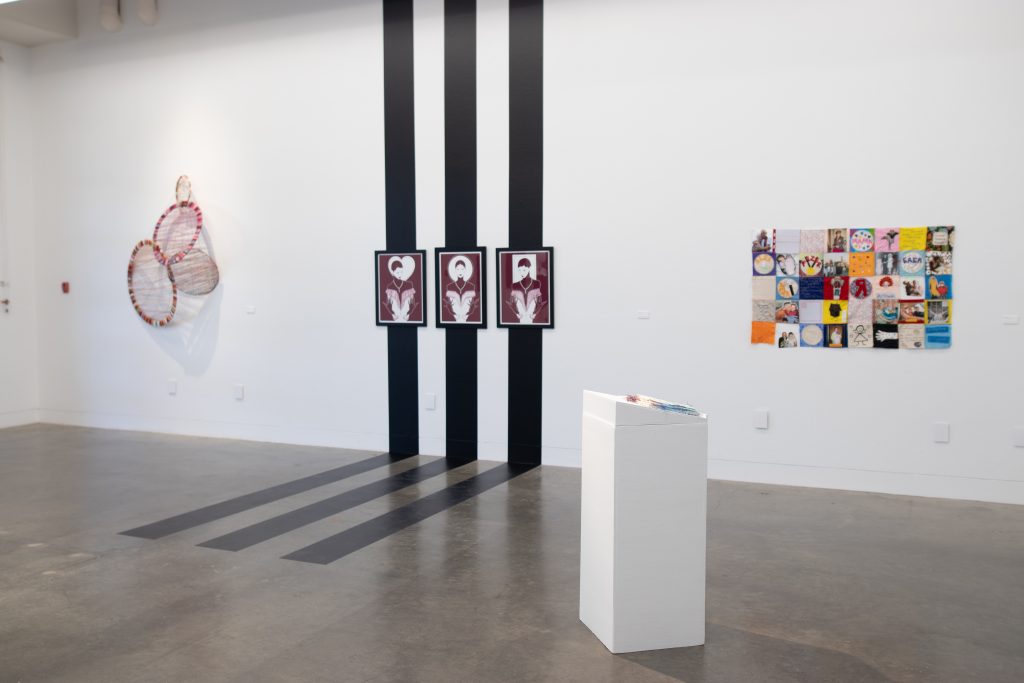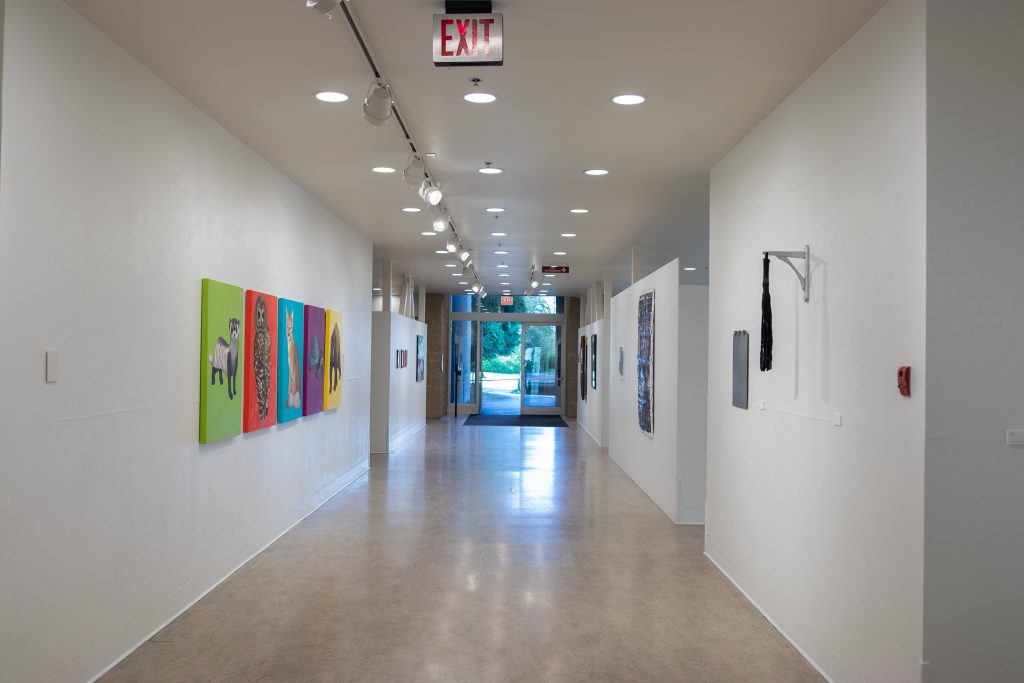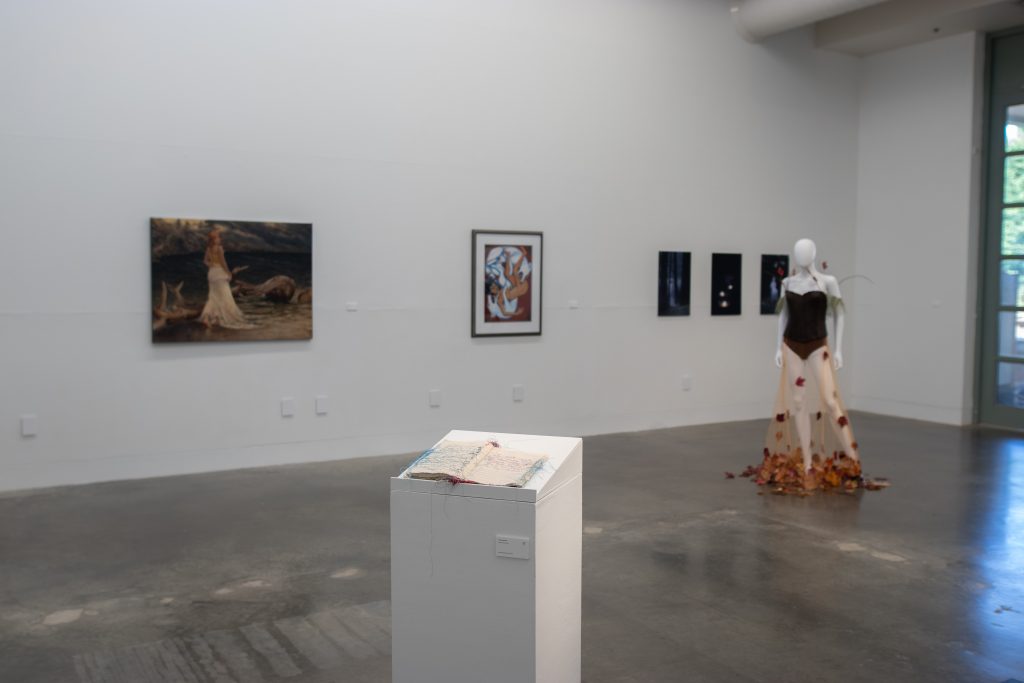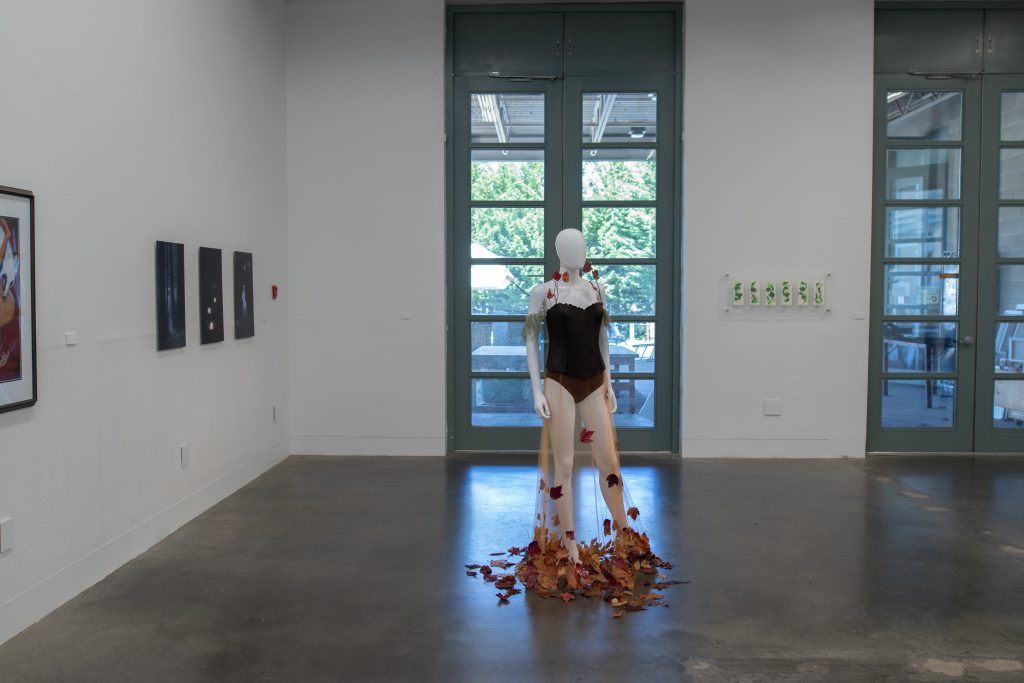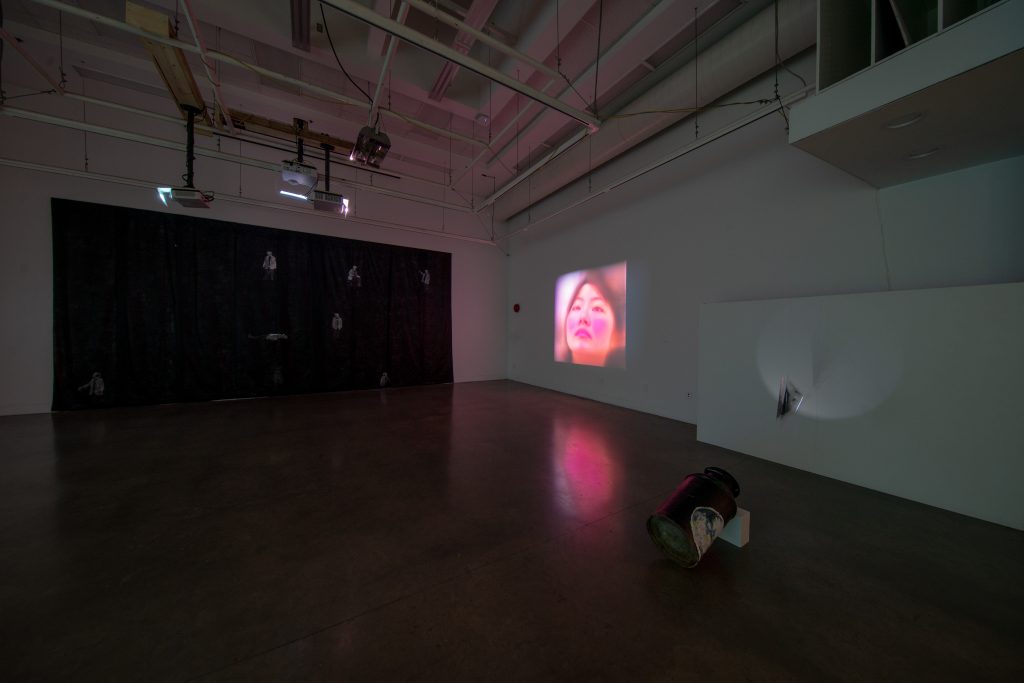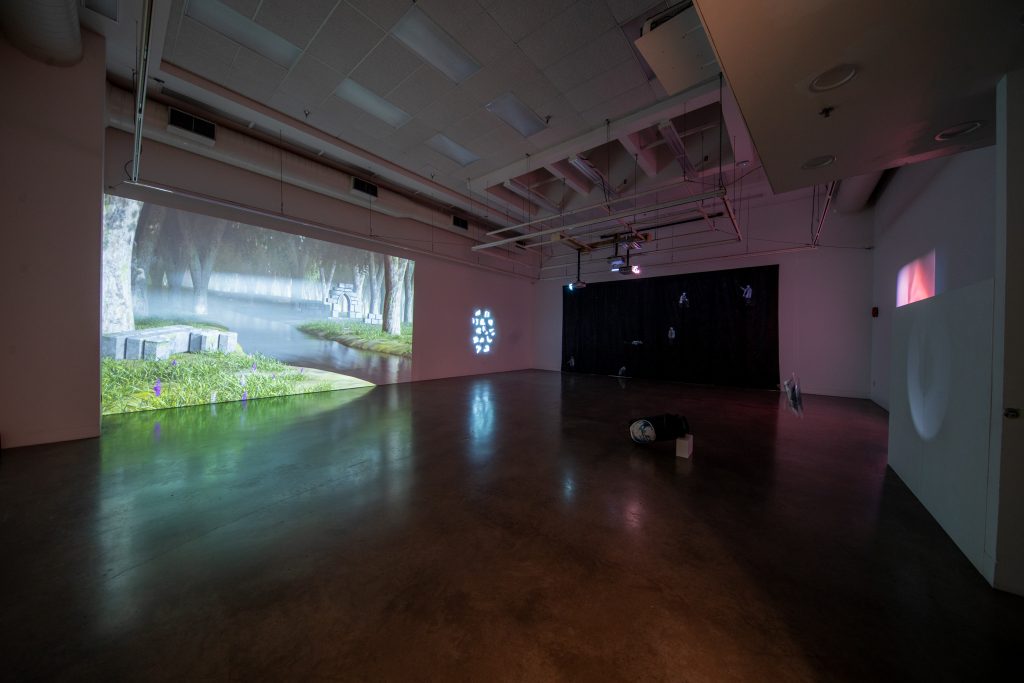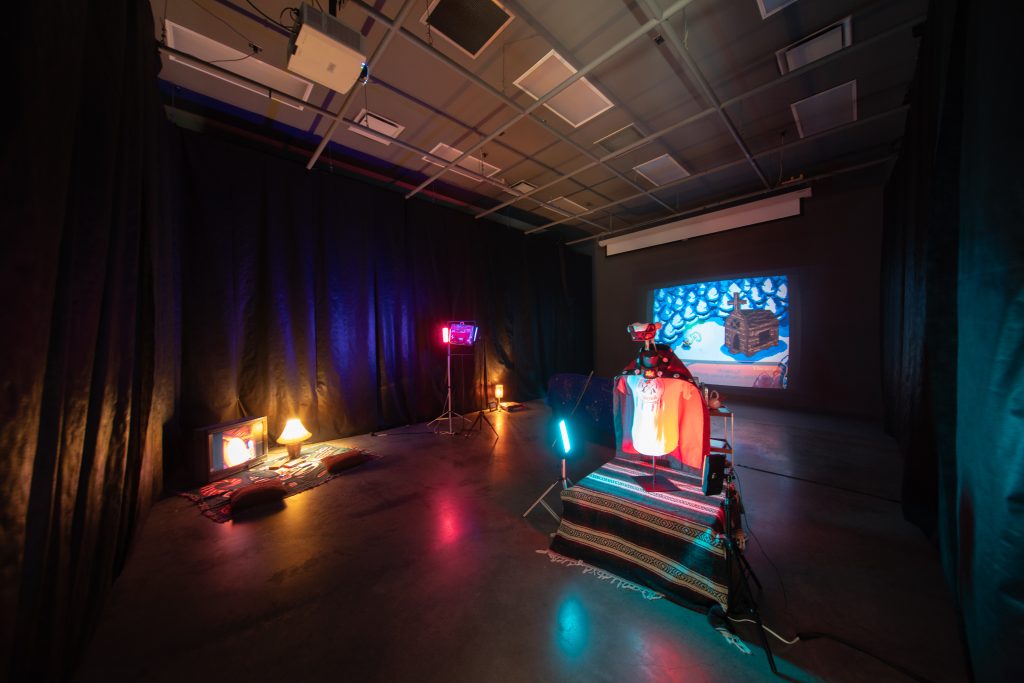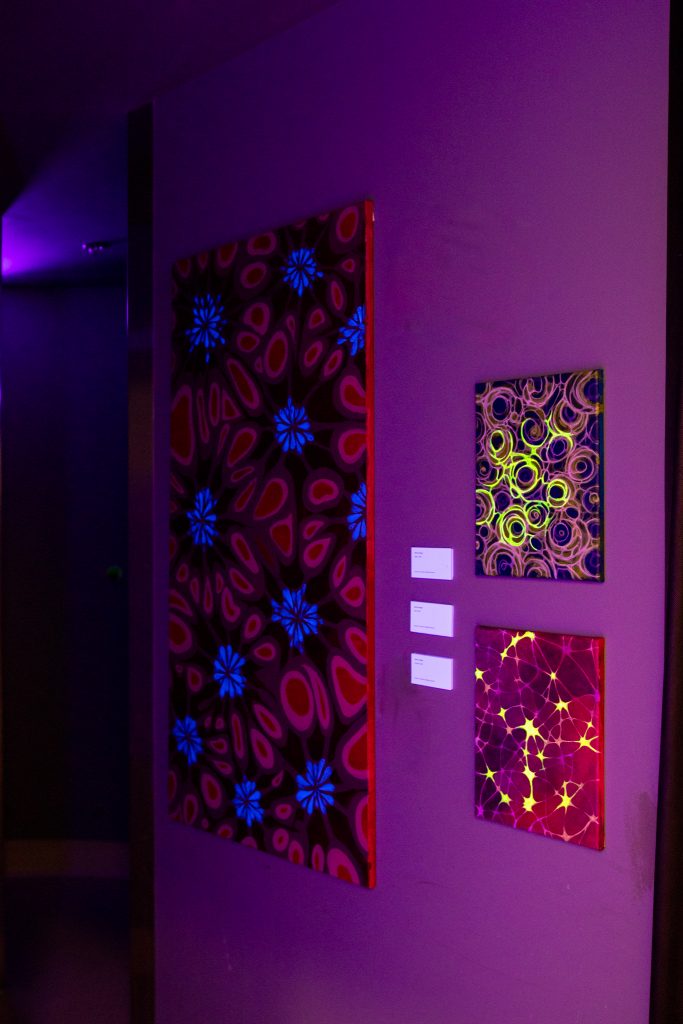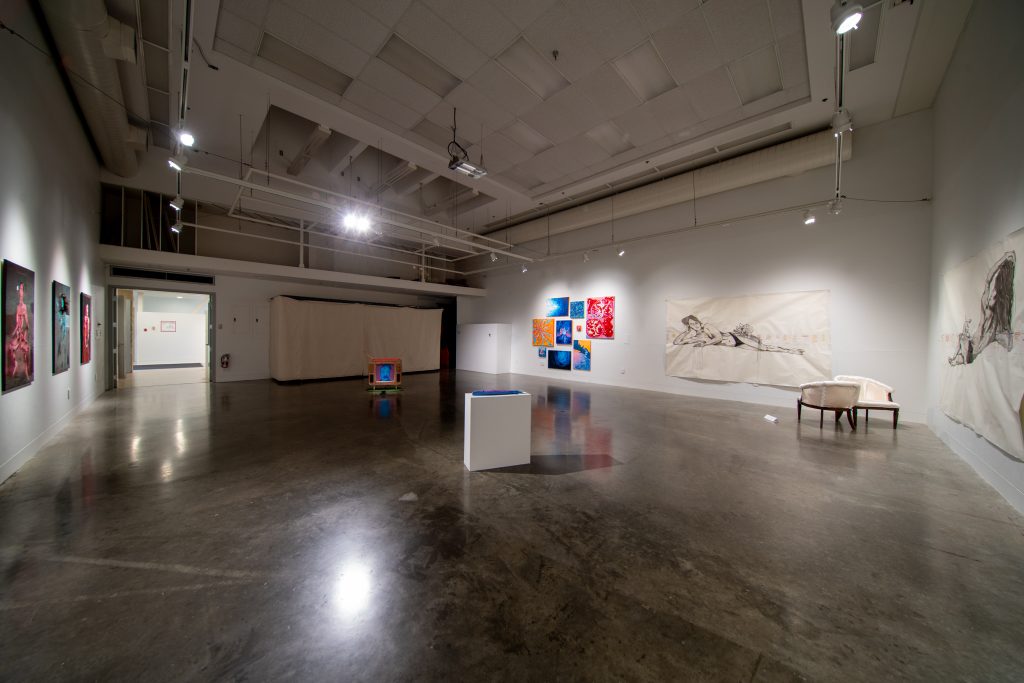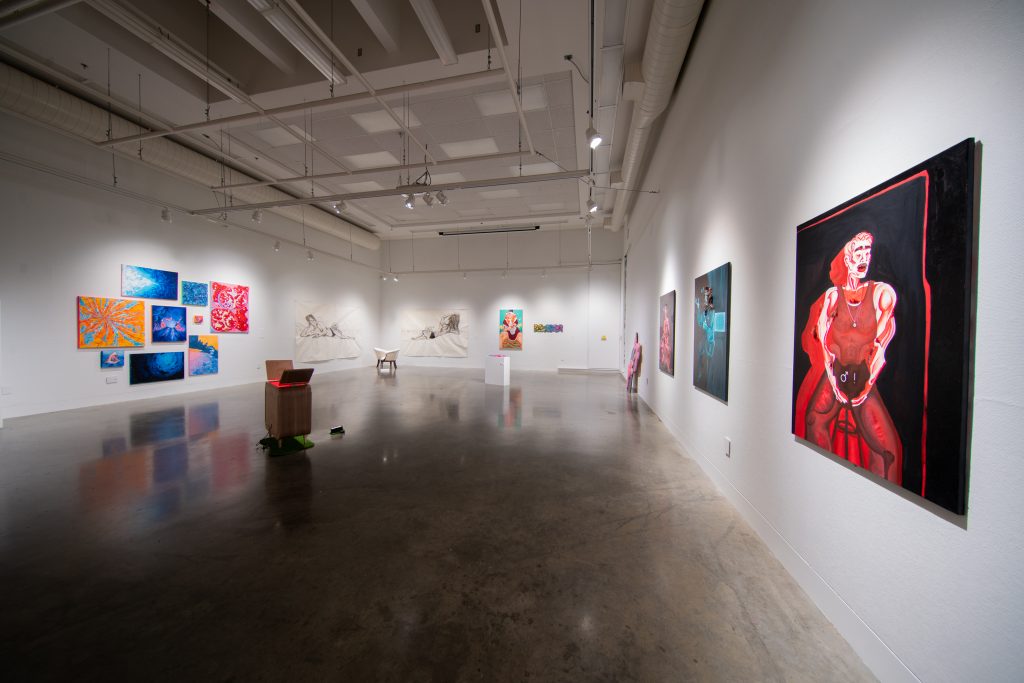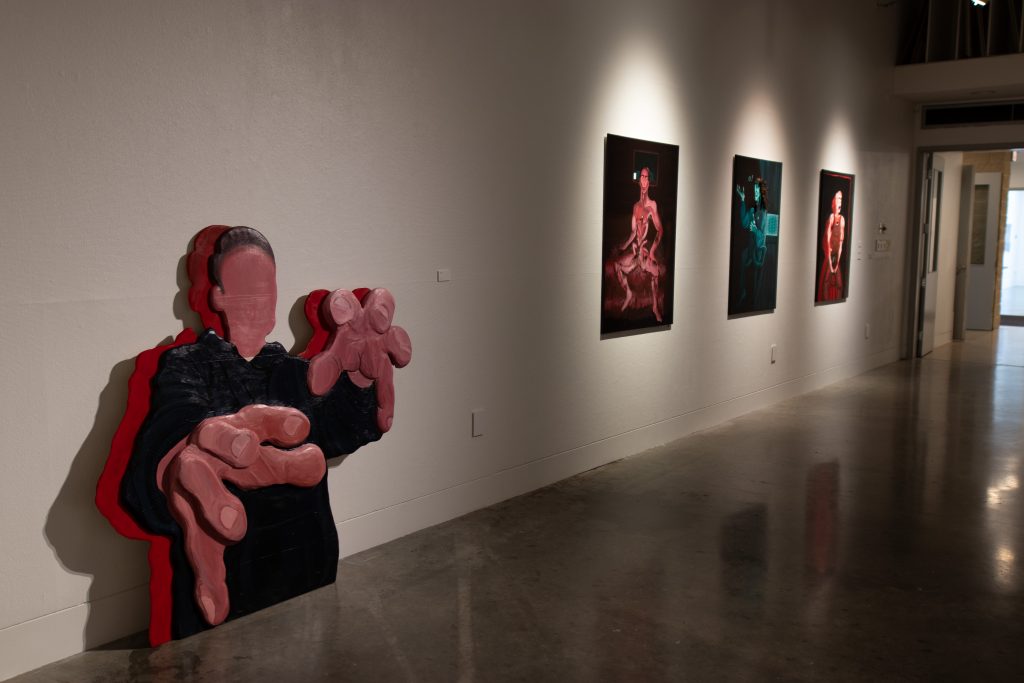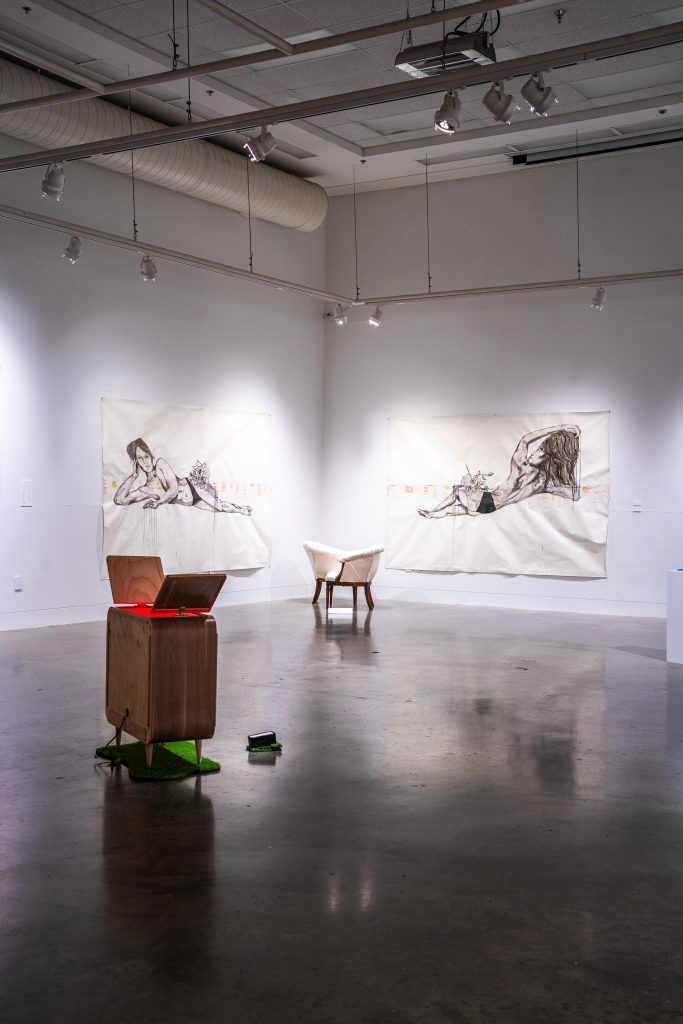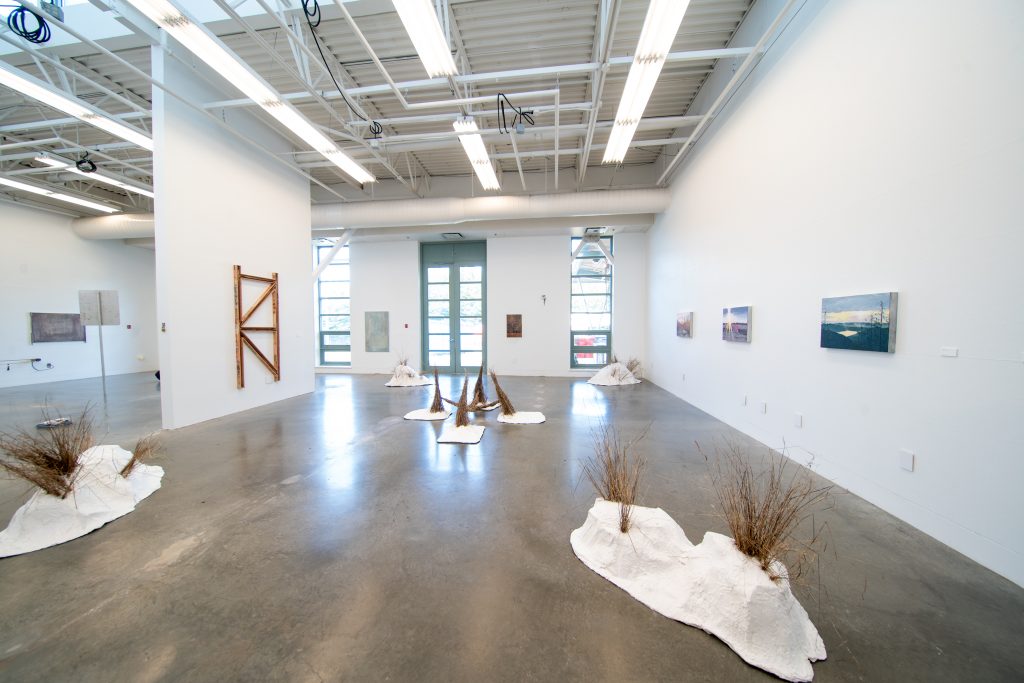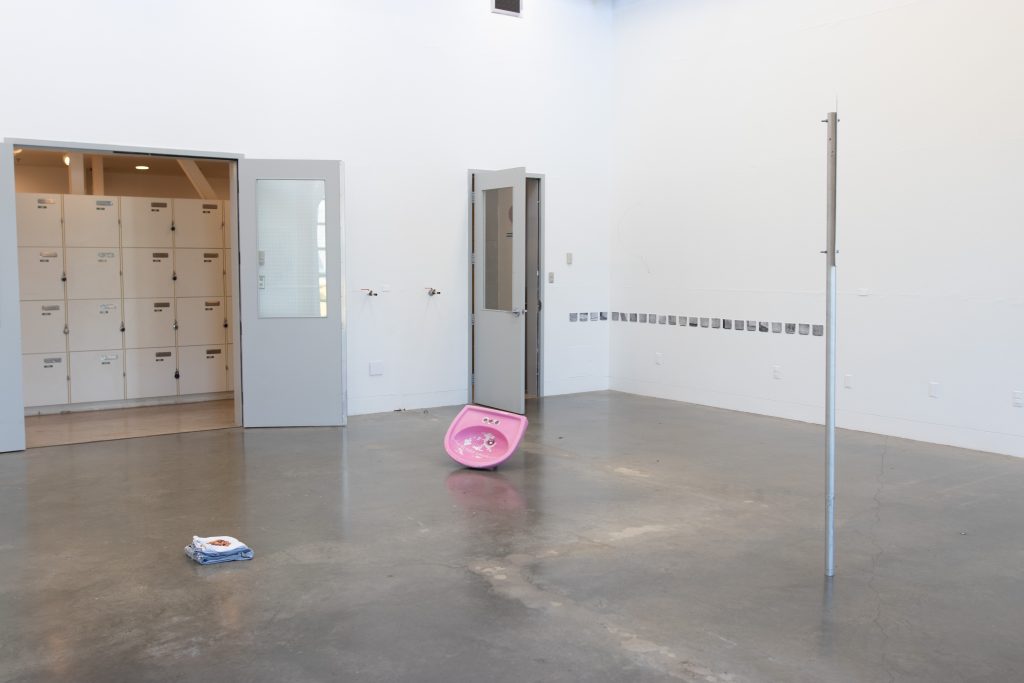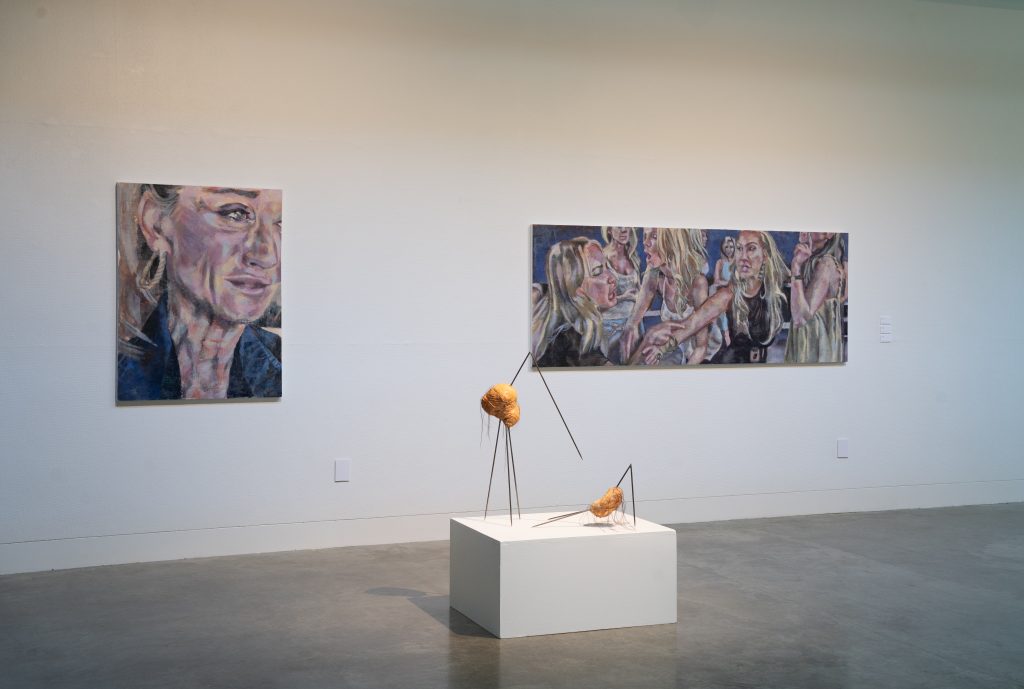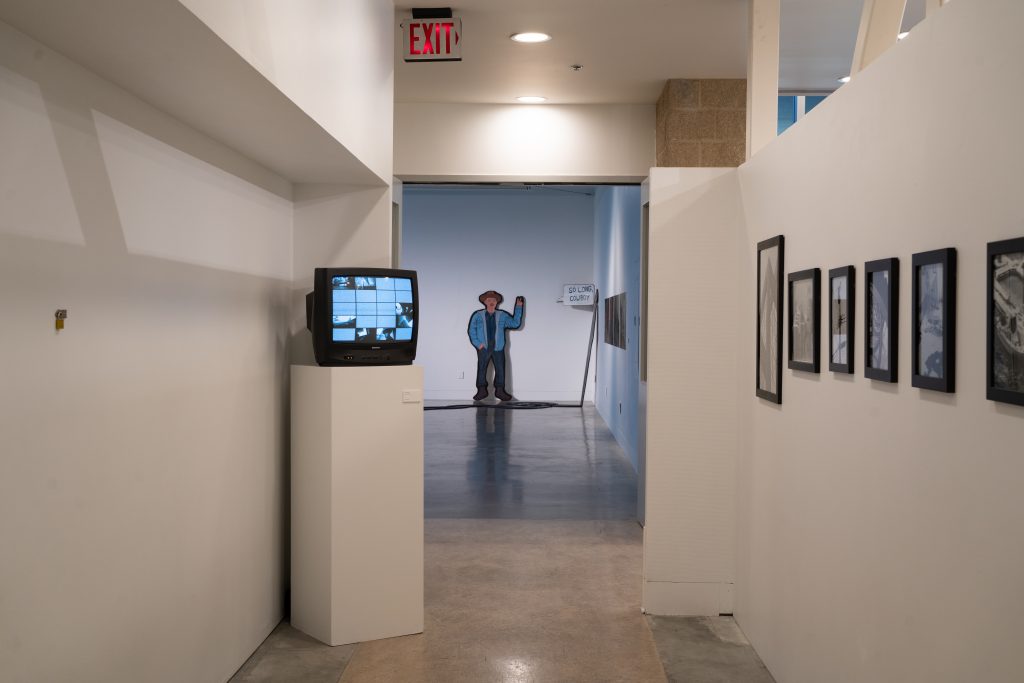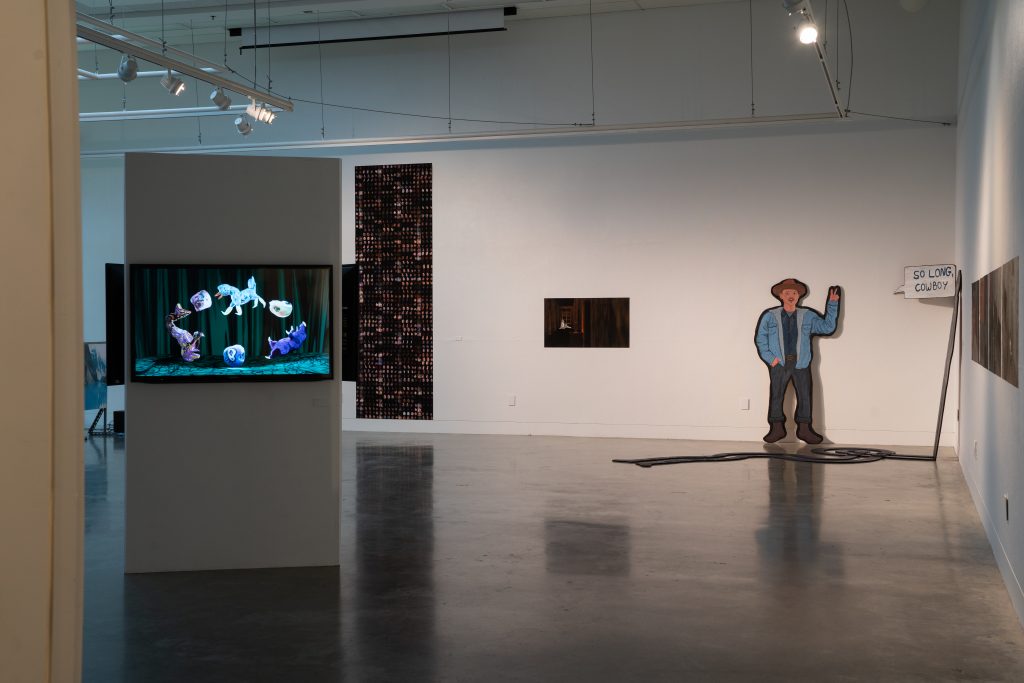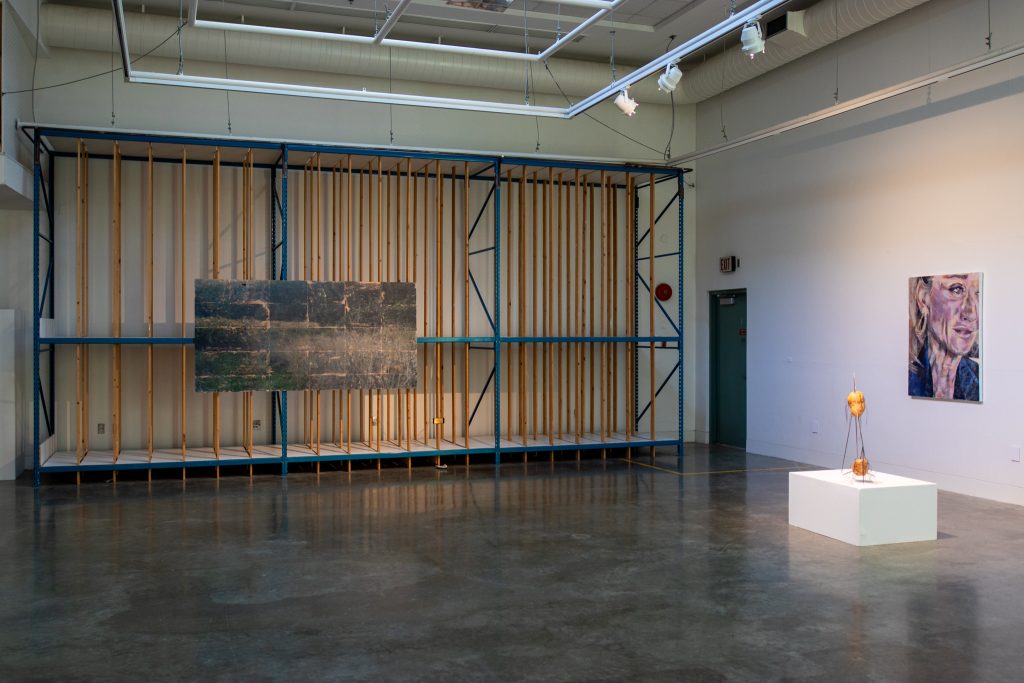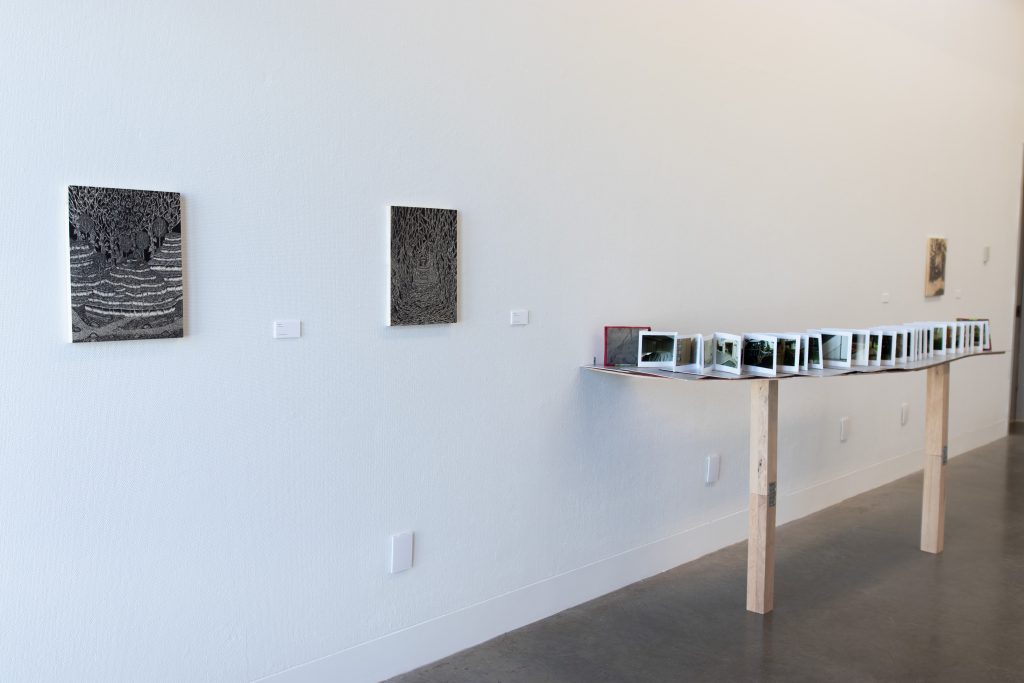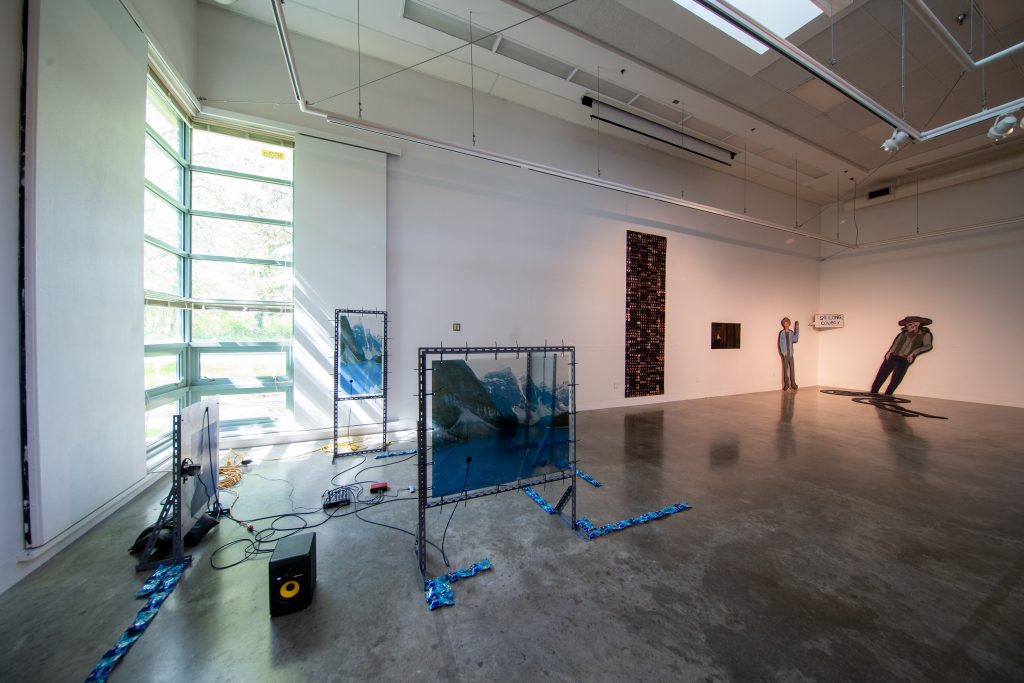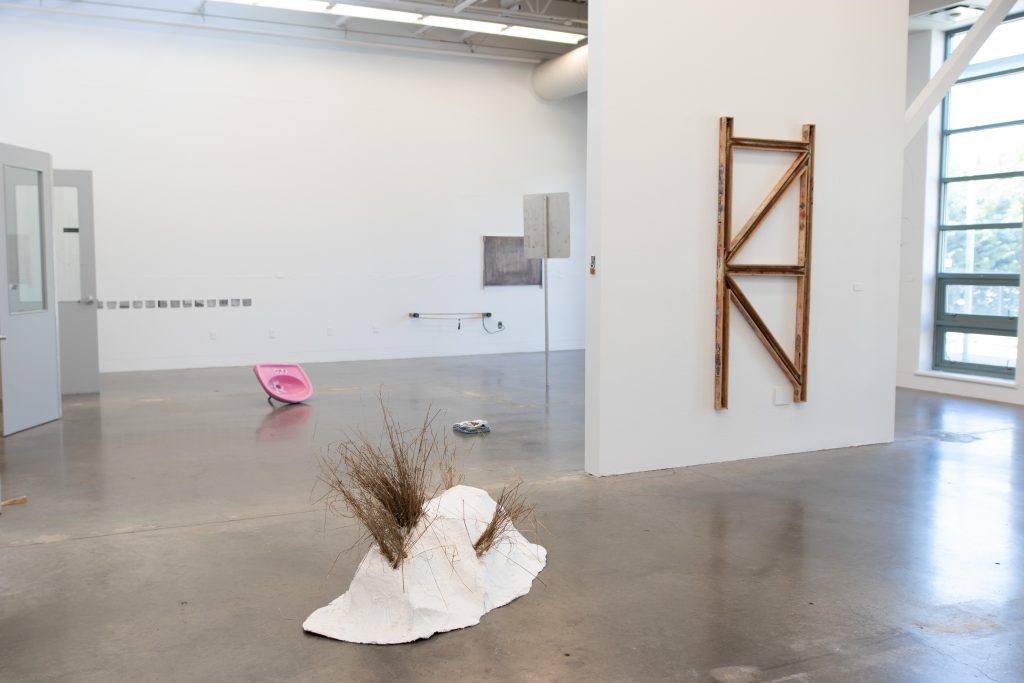IF TRACES REMAIN

If Traces Remain resides in the traditional territories of the Lək̓ʷəŋən and W̱SÁNEĆ peoples, whose dedicated stewardship continues as it has since time immemorial. The Lək̓ʷəŋən peoples historically speak the Lək̓ʷəŋən language and are made up of the Songhees and Xʷsepsəm/Esquimalt Nations. The W̱SÁNEĆ recognizes four distinct nations: the Tsawout, Tsartlip, Pauquachin and Tseycum peoples. We acknowledge that this land was removed from their stewardship through colonialism and genocide enforced by white Europeans. We acknowledge that this genocide is ongoing.
The title If Traces Remain is a reminder that lasting threads of cultural and societal contexts are foundational components of contemporary art-making and creative innovation. Operating with this understanding means recognizing how colonial violence continues to define our creative practices and pedagogies. We commit to giving back what we can to the land and its people. This ongoing work includes understanding that protocols, ceremonies and offers of leadership by this land and its people are not symbolic. They take precedence over the ways of relating and knowing carried by newcomers.
If Traces Remain refers to the entropy of all things, the physical remnants of friction, the myths of a life lived in generations, the ancestral songs resonant in stone, wood, water and structures born of these elements in which we work, learn and grow. As matter reconfigures itself, as energy transfers from being to being, particle to particle, evidence of a ceaseless, unrelenting drive toward the undefinable, an infinity, a truth, reveals itself in the traces that remain.
—Curatorial Chairs, Waylon Asp & O.Bjorn Cross
